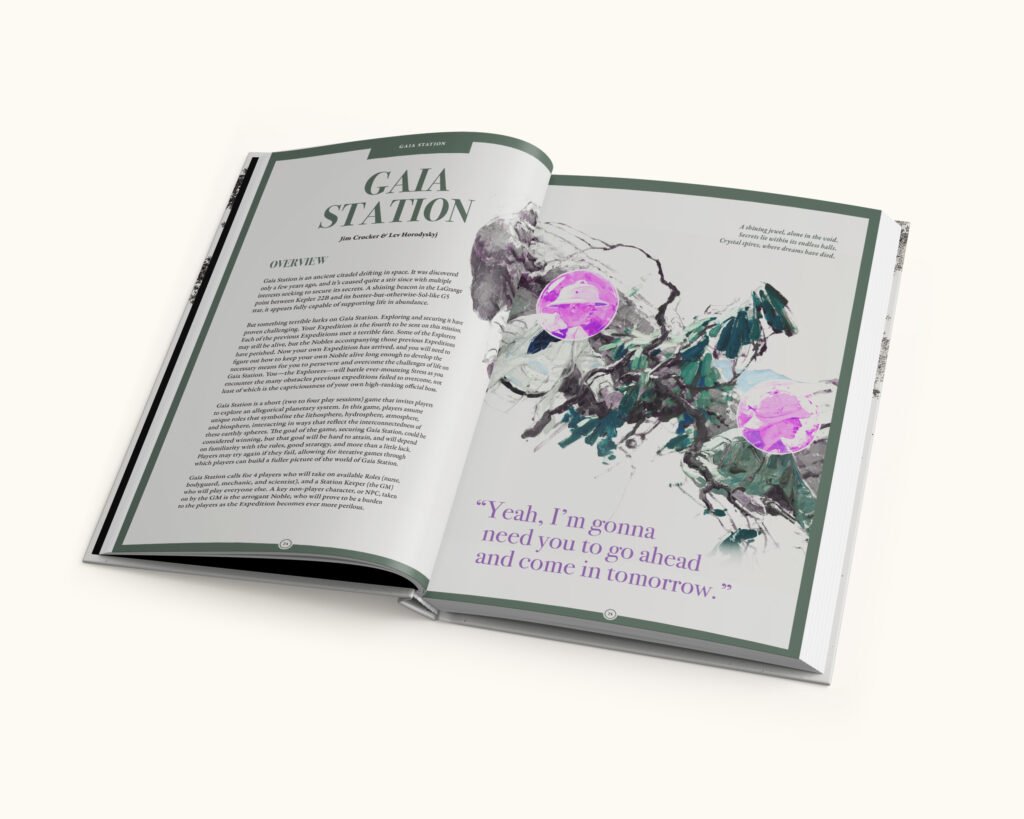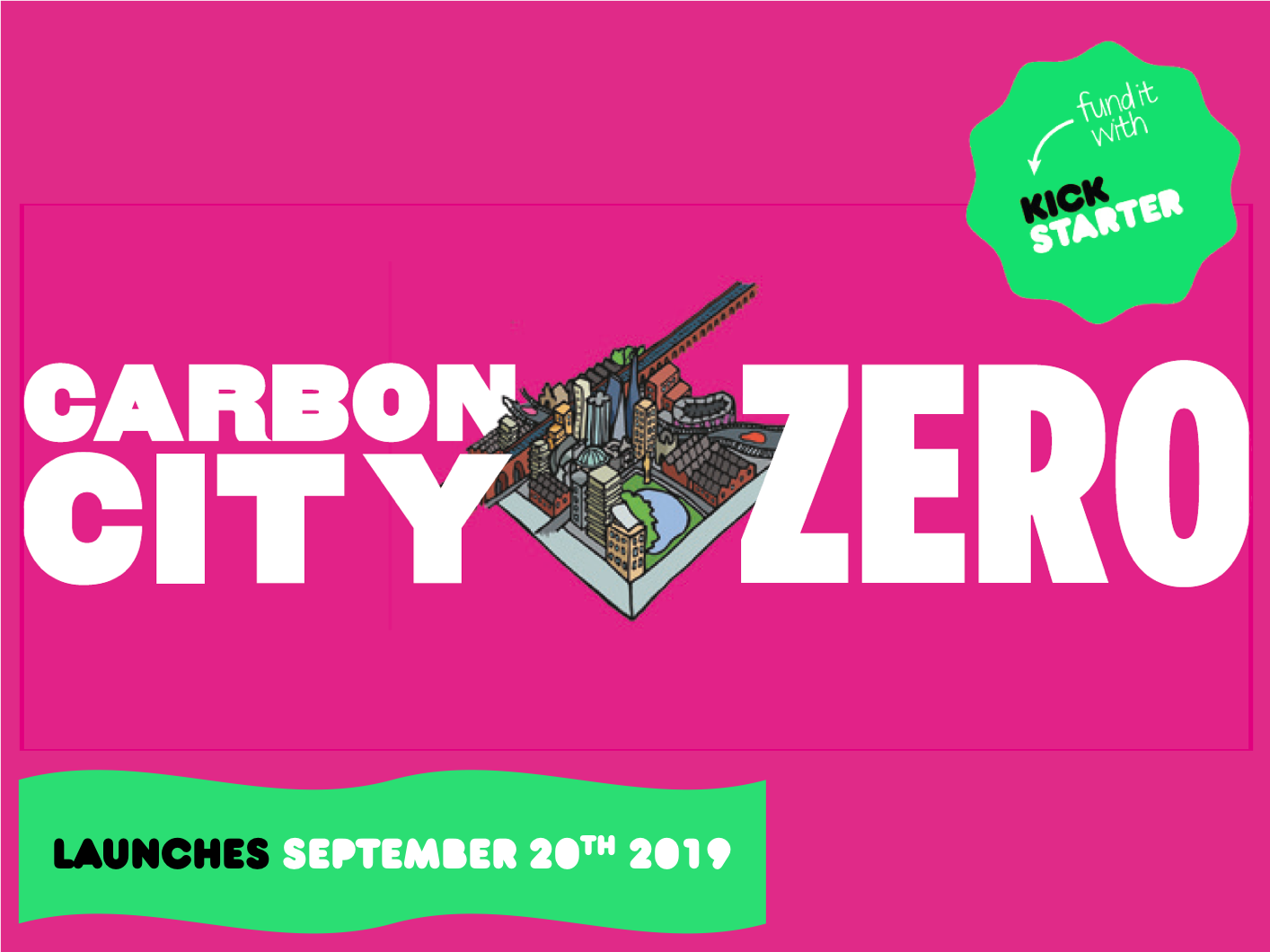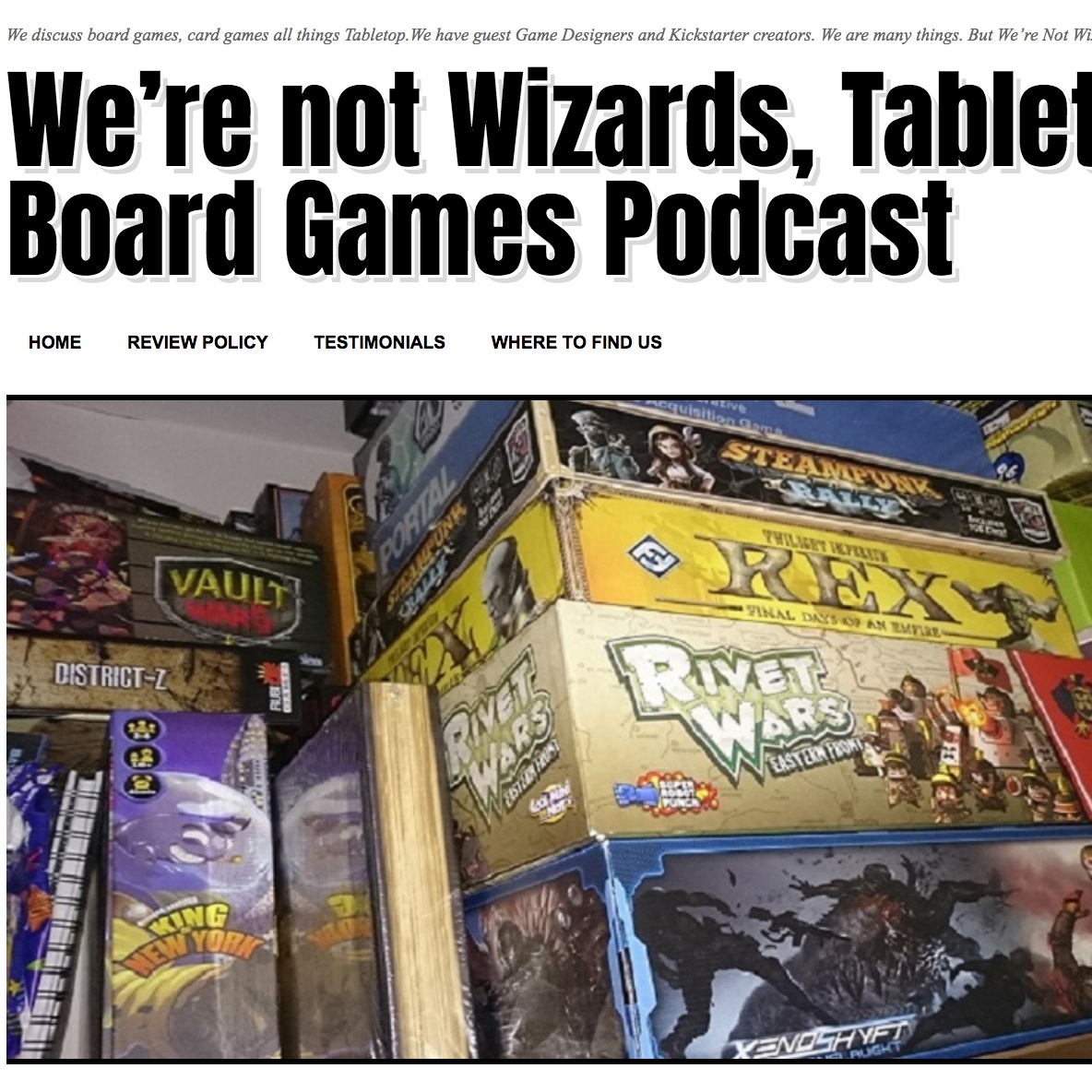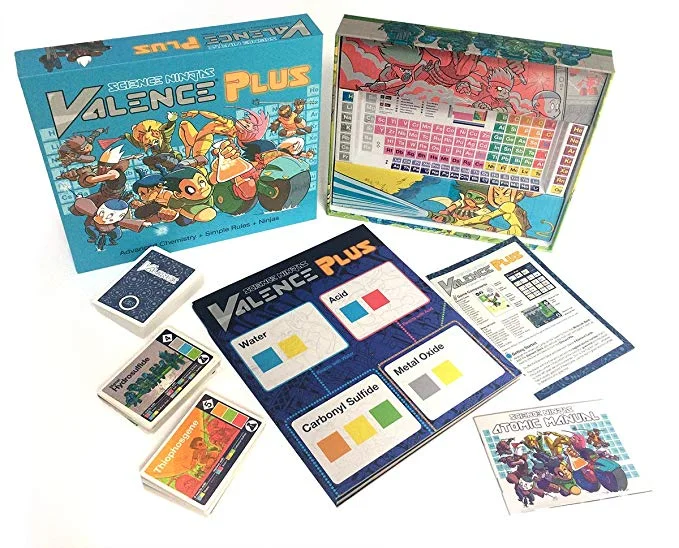On April 30th 2025, the Utrecht Gamelab and the Manchester Game Centre at Manchester Metropolitan University collaborated on a first-of-its-kind hybrid three-hour co-design workshop, building on the work of Chloe Germaine and Paul Wake on ‘game hacking’ and the ‘franchise hacking’ technique developed by the Utrecht Game Lab on the basis of Germaine and Wake’s earlier work to experiment with re-designing Magic: The Gathering (MTG) as a medium for climate education.
Read MoreArticle by Sören Henrich, originally posted on The Conversation
Dungeons and Dragons (D&D) is crossing a new frontier, as the game may soon be used as a form of psychological therapy. Over the last five years, I have researched possibilities for the game’s clinical implementation, as well as potential hurdles. The therapeutic interest in the game only arose in the last five years, when D&D experienced a renaissance. Once a niche nerdy interest, it now has flourished into a multi-million dollar business, including a new movie franchise.
Several organisations used the rise in D&D’s popularity as the perfect opportunity to marry mental health with fun. This includes, for example, the US Critical Role Foundation, which supports creativity and empowerment in disenfranchised children. In the UK, youth group the Scouts encourage their members to learn skills of entertaining by facing fantasy adventures.
Read MoreThree years ago, Sam, James, and Chloe approached me to discuss the possibility of using Trophy as a teaching tool in the environmental sciences, specifically to counter the feelings of powerlessness that come up when facing the climate crisis. They saw how tabletop roleplaying games can use fantasy as metaphor for contemporary struggles, can shift perspective and broaden empathy, and—most importantly—can empower people and drive them to action.
From those early conversations, Rooted in Crisis was born. Roleplaying games are inherently collaborative—magic happens when diverse voices and talents come together in an act of creation. We recruited game designers and climate crisis researchers, pairing them together to share ideas and find common ground based on their own interests, fields of study, and lived experiences.
The end result is five diverse but interconnected games exploring different facets of humanity’s impact on the ecosystem. Each game shares a foundation based in the push-your-luck mechanics of Trophy Dark and Trophy Gold, but each adds innovative twists to tell their own unique story.
Read MoreLocally Played will serve as a useful introduction to game studies scholars wishing to better understand what local community games are, and the potential roles that they can play in serving local needs.
Read MorePlaying Ecology is an essential text for anyone who is interested in better considering the role that video games can play in understanding our relationship with the natural environment.
Read MoreIn this Games Lab, Professor Sylvester Arnab (Coventry University) presents his findings on game-based research and practice
Read MoreIn this Games Lab seminar, Dr Ying-Ying Law presents a discussion of the representation of male and female gamers in competitive gaming.
Read MoreNetwork members Sam Illingworth and Paul Wake have worked with the charity 10:10 Climate Action to design a new card game where players race to create the first zero carbon city.
Read MoreIn Japanese Culture Through Videogames, Rachael Hutchinson aims to bridge the two fields of Japanese Studies and Game Studies, addressing a relative paucity in the literature of using videogames as a lens through which to interpret and analyse Japanese culture.
Read MoreSam Illingworth talks to the We’re Not Wizards podcast about how games can be used to develop dialogue around climate change and sustainability with diverse audiences.
Read MoreIn this book, Darshana Jayemanne presents a central thesis that videogames as performances are messy and that they lack a homogeneity that lends itself to linear analysis.
Read MoreGames Lab is a new fortnightly seminar series from the MGSN in which we invite Network members and associates to speak about their work. The inaugural seminar was led by Network member Hwa Young and Dr Emma Murray, a Senior Lecturer in Criminal Justice from Liverpool John Moores University, both of whom presented an overview of their collaborative project Probationary: The Game of Life on License.
Read MoreYesterday (16th December) was the 70th anniversary of the much-loved ‘Scrabble’. This anniversary corresponds to when its inventor, James Brunot first received the Trademark for the game: December the 16th 1948.However, Scrabble actually has a longer history than this date would suggest.
Read MoreAs part of International Games Week, the MGSN worked with libraries in the North West and South West of the UK to deliver a series of activities that brought together tabletop games and chemistry.
Read MoreOn Sunday 4th November, Storyhouse in Chester are organising their very own Gamescon. Taking place throughout the building as part of International Games Week, there is a games library of over 100 games free for people to play.
Read More

















